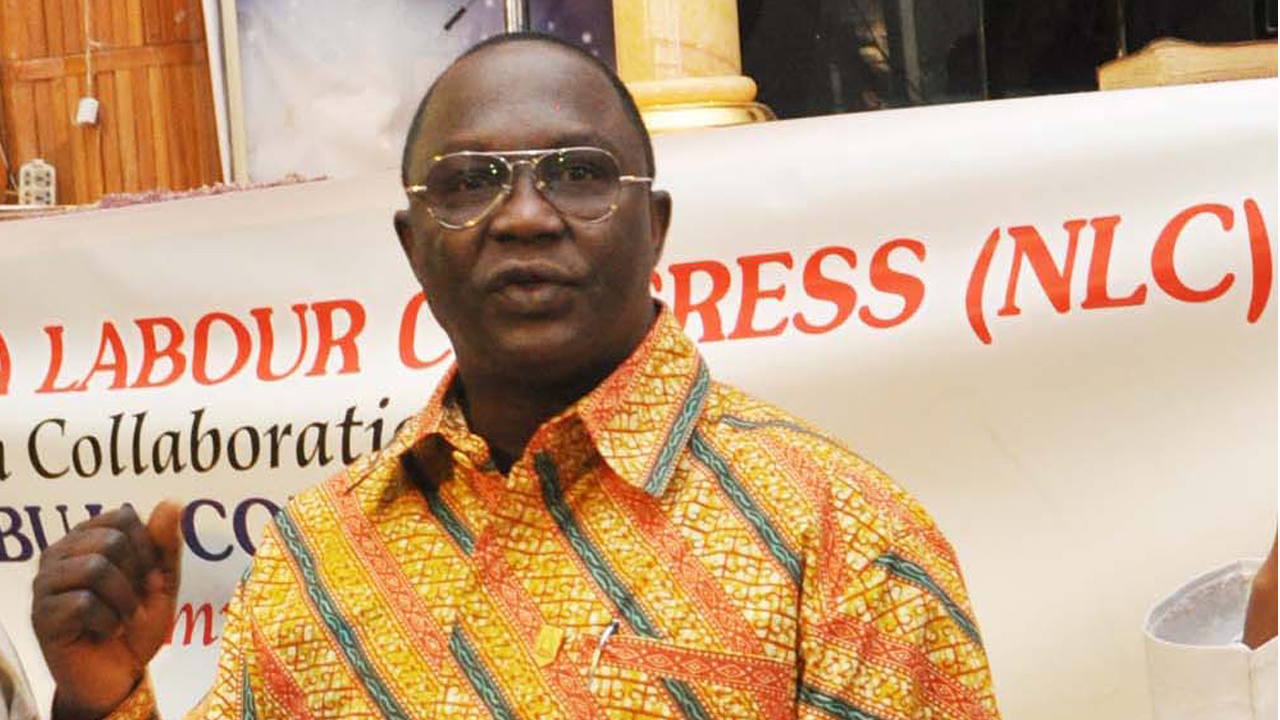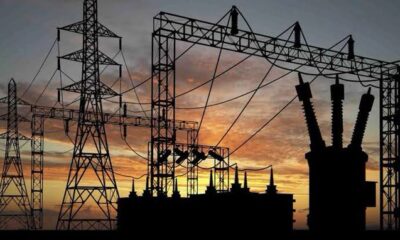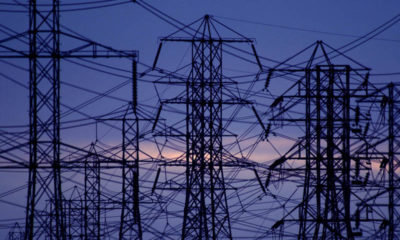Labour to Embark on Industrial Action to Force FG to Reverse Increase in Petrol Price, Electricity Tariffs
The sudden increase in prices of fuel and electricity tariffs despite the negative impacts of COVID-19 on the Nigerian people has forced the Nigerian labour union once again to announce an industrial action to compel the Federal Government to emulate other economies easing COVID-19 impacts through various palliatives and measures.
Labour union on Tuesday set Monday for what it described as “unprecedented mass action” and “total strike” to get the government to reverse the hike in petrol pump price and the increased electricity tariffs.
At a meeting with members of the National Administrative Council, Presidents and General Secretaries, the Nigeria Labour Congress National Executive Council (NEC) agreed to embark on a total strike against what they described as anti-people policy.
While the ultimatum given to the federal government by Trade Union Congress (TUC) expired on Monday, TUC has extended it till Monday in line with NLC announced industrial action.
NLC President Ayuba Wabba, who read the communique of the meeting, said: “NEC resolved to reject in its entirety the issue of hike in electricity tariffs by almost 100 per cent as well as the fuel price increase in the name of full deregulation.
“This decision is premised on the fact that these twin decisions alongside other decisions of government including the increase of VAT by 7.5 per cent, numerous charges by commercial banks on depositors without any explanations will further impoverish Nigerian workers and citizens.
“Therefore, this increase, coming in the midst of the COVID-19 pandemic, is not only ill-timed but counter-productive.
“NEC also observed that the privatisation of the electricity sub-sector seven years down the line has not yielded any positive result. Whereas, the entire privatisation process, the entire sector was sold at about N400 billion, we are surprised that government within the last four years injected N1.5 trillion over and above the amount that accrued from this important asset.
“Therefore, NEC came to the conclusion that the entire privatisation process has failed and the electricity hike is actually a process of continuous exploitation of Nigerians.
“On the issue of the refineries and also the increase in the pump price of PMS, this particular issue had been on the table for more than three decades and the argument has not changed.
“Whether it is the name of full deregulation or subsidy removal, what is obvious is that it is fuel price hike and this has further eroded the gains of the N30,000 minimum wage because it has spiral effects which include the high cost of food and services and the reduction in the purchasing power of ordinary Nigerians.
“While demanding that our three refineries should be made to work optimally, NEC also concluded that government has business in doing business because the primary purpose of governance is about the security and welfare of the people and if in other countries, governments are maintaining refineries, and they are working optimally for the benefit of the people, Nigeria cannot be an exception.
“In the light of these, NEC decided to endorse the two-week ultimatum given to the Federal Government to reverse those obnoxious decisions and also pronounce that the action proposed by the Central Working Committee is hereby endorsed by the NEC that 28th of September should be the date that those decisions should be challenged by the Nigerian workers, our civil society allies and other labour centres.”
“We’ll meet. We don’t want anything that will cause more financial pain to workers.”
Speaking on the matter and the reason for industrial action, TUC’s President Quadri Olaleye and Secretary-General Comrade Musa-Lawal Ozigi, urged to Nigerians to get ready for the “unprecedented mass action”.
TUC said it resolved to work with the NLC and civil society allies because of the magnitude of the situation. Hence, it suspended the previously planned strike to join force with NLC and others.
“Consequent upon this, the ultimatum which should expire by midnight of today (yesterday) has been shifted to 28th September 2020 for effective and maximum effect.
“We want to use this opportunity to call on Nigerians, especially those in the informal sector, to bear with us while the industrial action lasts.
“There is no need for the pains we bear. It is a needless one. They ask us to tighten our belts while they loosen theirs. Services are not rendered yet we are compelled to pay estimated bills.
“You will recall that this government during its electioneering campaigns in 2014 told the world there is nothing like subsidy. We were told that they will build refineries. All that is history now.
“We run a mono-economy and any hike in fuel automatically will have an adverse effect on us, yet successive governments tow that path because they are not creative.
“As at today, about eight states are yet to commence the payment of new minimum wage and its consequential adjustment even though the President signed it into law on April 18, 2019. We have written letters to the governors and also engaged them in dialogue but all to no avail. Sometimes we wonder if these people have a conscience at all.
“The Congress hereby appeals to all Nigerians to get ready for the unprecedented mass action against corruption, obnoxious policies, rape and other violent offences, breach of the collective agreement, unemployment, etc.
“We also call on the USA, UK, Germany, Spain, etc to support our struggle by placing indefinite visa ban on our political leaders whose stock in trade is to loot and impoverish the masses and the country. We can no longer take it. Enough is enough!”



 News3 weeks ago
News3 weeks ago


 Business3 weeks ago
Business3 weeks ago


 Technology3 weeks ago
Technology3 weeks ago
 Investment3 weeks ago
Investment3 weeks ago


 Banking Sector3 weeks ago
Banking Sector3 weeks ago
 Banking Sector3 weeks ago
Banking Sector3 weeks ago
 Appointments3 weeks ago
Appointments3 weeks ago
 Investment3 weeks ago
Investment3 weeks ago

















